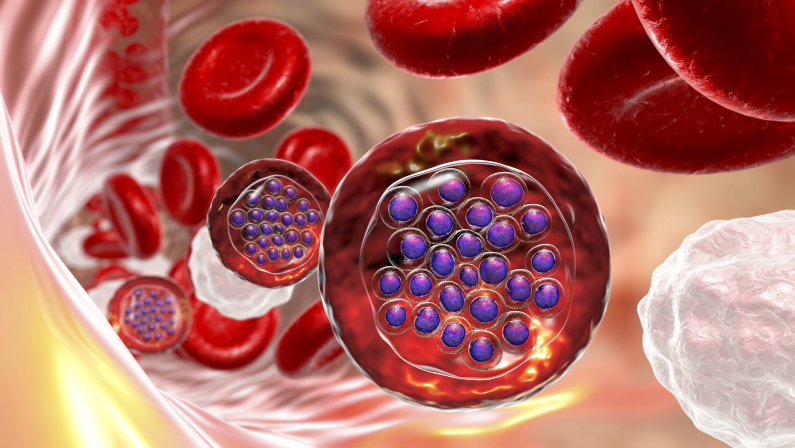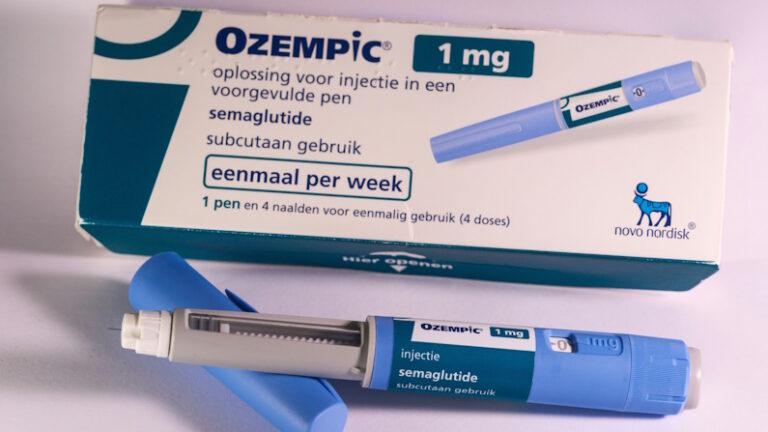With the pandemic living on the surface of the news since early 2020, it’s hard not to miss important science, especially a kids malaria vaccine. As a result, not many know about this non-COVID-19 scientific breakthrough from 2021. Let’s take a look.
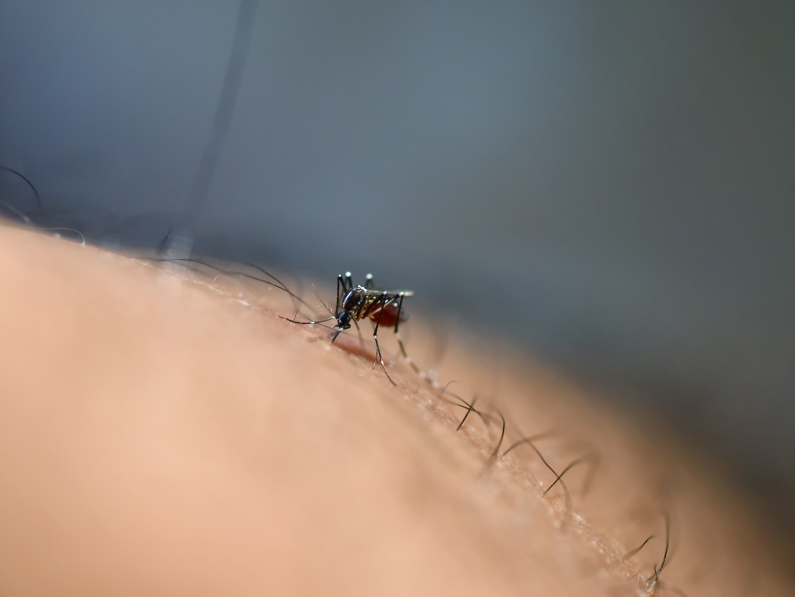
Plasmodium parasites are what make malaria a dangerous illness. The female Anopheles mosquito transmits the disease to humans, and causes fever, headaches, vomiting, chills, and diarrhea. This makes malaria one of the most dangerous diseases in the world, with 216 million cases annually, and around half a million deaths. Recently, there has been a large increase in cases in some parts of the world, and because of this, the World Health Organization (WHO) thinks that there will be another 200 million cases per year by 2030.
Mosquirix – a Kids Malaria Vaccine
In October 2021, WHO approved the world’s first malaria vaccine—Mosquirix—for kids. This vaccine, developed by the PATH Malaria Vaccine Initiative and GlaxoSmithKline, is a shot that provides protection for up to 4 years. It’s effective against the most common form of malaria in Africa. Babies 6 weeks or older will be eligible.
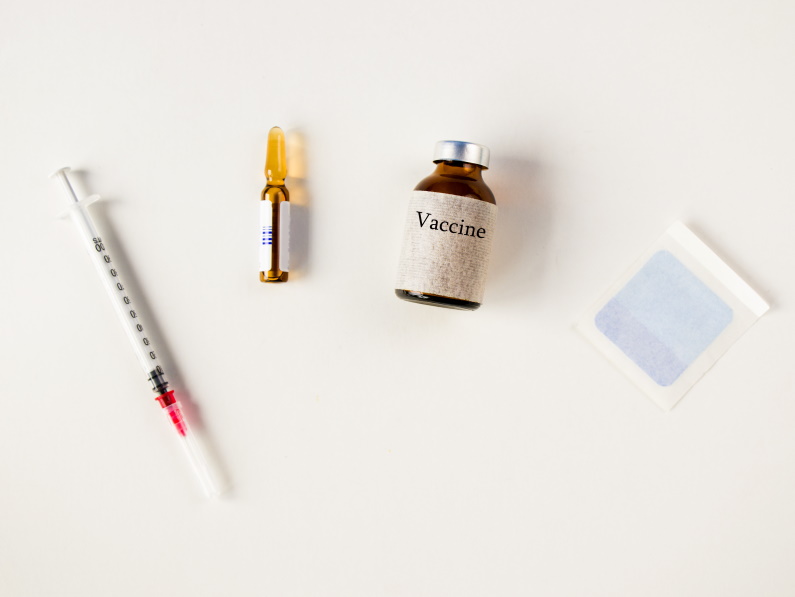
Background
In 1987, researchers found a protein that they believed was responsible for malaria’s parasitic effects on the human body. This protein is the Plasmodium falciparum erythrocyte membrane antigen 1 (PfEMP1). It lives on the surface of red blood cells and it helps the parasite invade human cells. But in 1995, scientists were able to create an antibody which could stop this from happening.
RTS,S, the new vaccine, protects children under 5 years old against the deadliest form of malaria. It works by building up a child’s immunity over time. It contains 3 known, deadly strains of malaria in Africa. The first dose provides partial protection against these 3 strains and protects against 1 strain for 18 months.
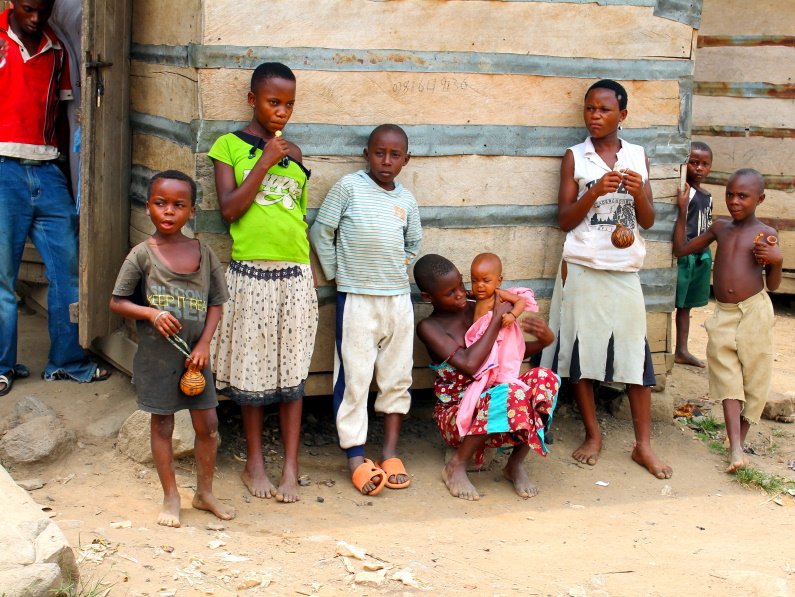
After collecting data from people who got the kids malaria vaccine, researchers feel confident that administering it will be feasible. What’s even more important, is that the consistency of response showed that there’s a large need for better malaria prevention.
Findings also show that the vaccine has a favorable safety profile. In areas where healthcare providers provided the vaccine, there were a reduced number of severe cases.
Mosquirix could help save up to 5 million lives per year. For more information, check out this article on the new vaccine.
